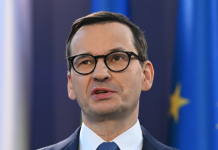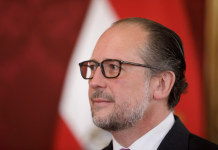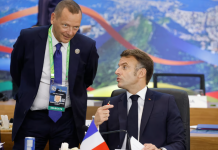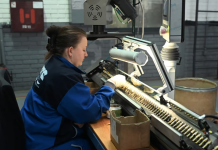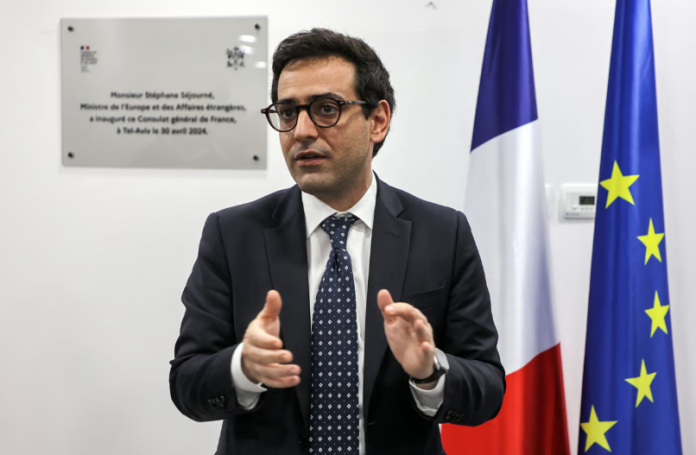
The European Commission’s industry chief is lining up help for energy-hungry industries, aiming to stoke demand for them via public procurement.
BRUSSELS — Stéphane Séjourné, the European Union’s industry czar, wants to move fast on emergency plans to shore up the bloc’s embattled industry, he told POLITICO in an interview.
The European Commission is “going to give a signal to the markets and investors, notably on the scope of the reforms and real investments we want to make” within weeks, said Séjourné, the Commission’s executive vice president for prosperity and industrial strategy.
This aims to answer European industry’s calls for help with higher energy prices, burdensome environmental regulation and global rivals that can undercut them on price.
The planned Clean Industrial Deal, due on Feb. 26, will include “an emergency and strategic plan for certain sectors in difficulty and a long-term strategy for all players and sectors,” he said. This will work as “a business plan” making it clear how much investment or skilled workers they need, he said.
The Commission is preparing emergency plans for energy-intensive industries such as steel, aluminum and other metals, cement, and energy, he said.
To stoke demand, “we’re also going to create decarbonized public procurement markets” by “moving toward public procurement with clauses that enable us to reinforce the rules favoring made-in-Europe products, for example, and a green label on industry,” he said. This will include a market for green steel “that does not exist today.”
Séjourné is pushing to include chemicals — which he dubbed “the industry of industries” — as one of several strategic sectors.
Cleantech, biotech and other technologies that can boost productivity also form an “industrial flagship” and the EU needs “to support them in their scale-up.”
Dealing with Trump
The EU should adopt a strategy that is “both defensive and offensive” for its relationship with global competitors including the United States, Séjourné said, just weeks before the official return of Donald Trump to the White House.
“At a time when all the continents are also thinking about their particular interests” Europe must “overcome its naivete in the public policies it pursues. So, yes to Europe, and yes to ‘made in Europe,’” he said.
He urged the EU to strike a trade pact with the U.S. quickly to avoid a costly trade war. One of the first challenges for the Commission will be to keep the EU’s 27 national governments “united on our American strategy,” Séjourné said.
Within the EU, the Commission plans next week to present its overall “economic doctrine for the next five years” in the form of a competitiveness compass. A single market strategy will come by June and a competitiveness fund to boost innovation is due later this year.
Séjourné also aims to ease regulatory requirements for businesses and cut by half the amount of data they need to supply for various regulations, he said. An “omnibus bill” answers calls from EU governments on overregulation and it will also simplify procedures to access EU funds and InvestEU programs.

